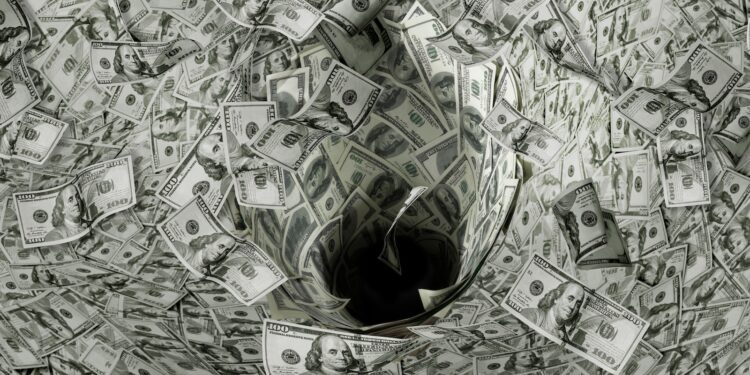Apple has paid the outstanding $16.5 billion to Ireland. This brings to an end one of the largest and most protracted tax disputes in the history of the European Union. For years, there was a dispute over whether the tax agreement between Ireland and Apple was legal. In the end, the technology company had to dig deep into its pockets.
The dispute between Apple, the Irish government, and the EU raged for nine years. The core issue was whether Apple had received illegal tax advantages through special regulations in Ireland. The EU Commission viewed this as illegal state aid. Ireland objected. Apple also fought the decision in court. But after several appeals, it is clear: Apple must pay. And the company has now done so. The final payment was received on May 9, 2025. The associated escrow account has been closed since May 13.
Apple used Ireland for tax advantages
For many years, Apple channeled the revenue from all sales within the EU through its European headquarters in Ireland. The location was attractive from a tax perspective. Ireland had a low corporate tax rate of just 12.5 percent – significantly lower than other EU countries. Apple also benefited from individual tax agreements with the Irish government. According to estimates, these resulted in Apple's effective tax rate being below two percent in some cases.
EU Commission decided: This is not legal
In 2016, the European Commission found that these special tax incentives constituted illegal state aid. The real problem lay not with Apple, but with the Irish government, which, according to the Commission, had violated EU law. However, because the tax benefits were illegal, Apple had to pay the lost taxes. The amount demanded was approximately 13 billion euros, or about 15 billion dollars.
Appeals delayed payment for years
Apple and Ireland appealed the decision. During the appeal, it was agreed that Apple would transfer the claimed sum into an escrow account. This account was controlled by the courts and was designed to ensure that the money would either go to the Irish government or—in the event of Apple's success—be returned.
In the meantime, the value of the escrow account fluctuated
The money was invested in low-risk securities. This caused the account balance to fluctuate. At one point, the fund lost almost $1 billion in value. The amount subsequently recovered. By the time the final transfer to the Irish government was made in May 2025, the total value had risen to €14.25 billion, or $16.5 billion.
Legal finale in September 2024
Apple won the first appeal. At the time, it was argued that the EU had not sufficiently proven that Apple had received an unfair economic advantage. The EU then filed a second appeal. However, in September 2024, the appeal was dismissed. The ruling thus became final. Apple had to pay.
Last payment and account closure in May 2025
Following the completion of the process, the entire fund of €14.25 billion was transferred to the Irish Treasury. The final transfer was made on May 9, 2025. The Irish government confirmed that the escrow account was fully closed effective May 13, 2025. No assets remained in the account. The entire sum was transferred to the Treasury in several cash transfers after all fees and operating costs had been settled.
Apple pays, Europe draws consequences
Apple's payment of $16.5 billion brings an exceptionally protracted and high-profile dispute to an end. The case is seen as a signal to international corporations that tax structures may appear legal, but they are nevertheless associated with political and legal risks. While this represents a significant financial outlay for Apple, the case primarily demonstrates that tax policy in the EU is becoming increasingly strict – and Ireland must carefully consider how far special regulations for large companies can go in the future. (Image: Shutterstock / TSViPhoto)
- Apple introduces new AI: ILuvUI understands app interfaces
- EU tests age verification: How to keep children safe online




